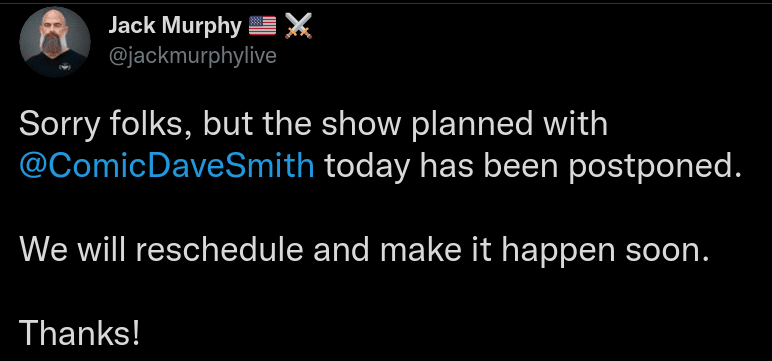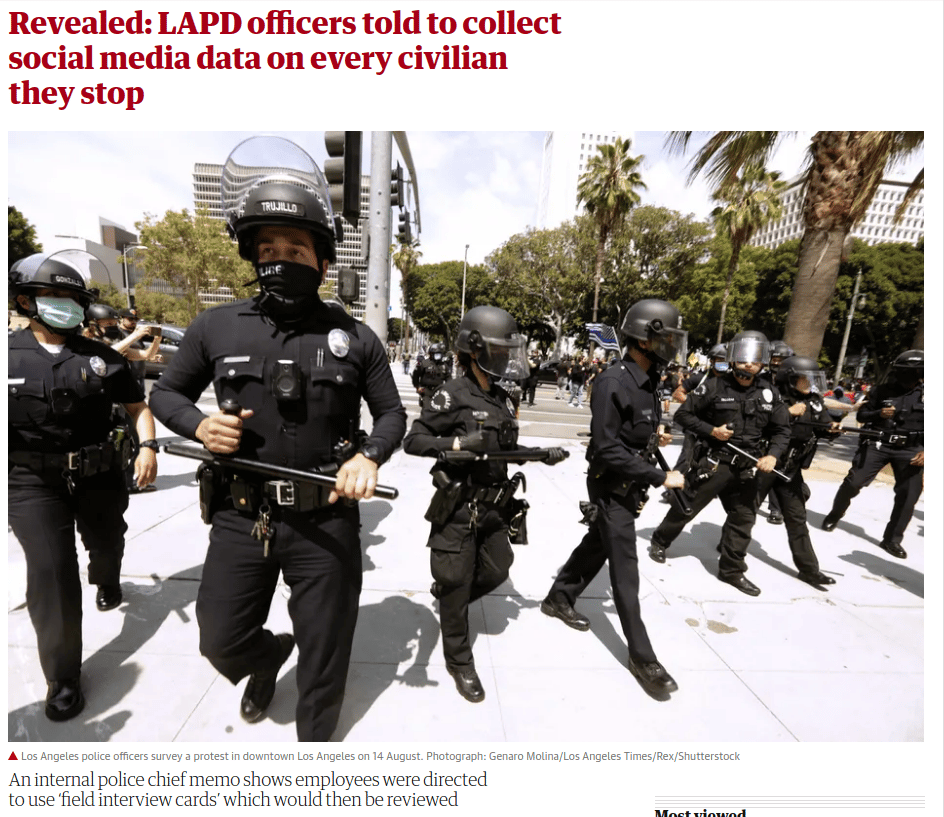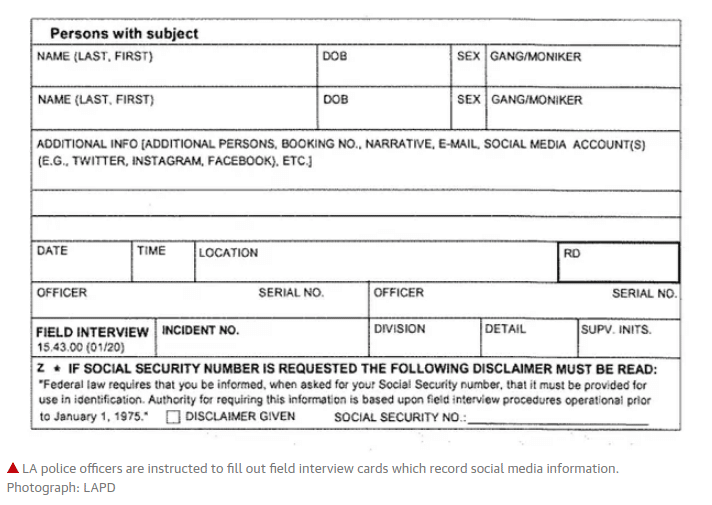Jack announced this was postponed – will be rescheduled

Jack Murphy will interview Dave at 11:30 AM Eastern. You can watch at Jack’s youtube channel. Jack is a critic of libertarians but unlike many critics on the right he actually has an understanding of libertarian theory (having been a libertarian) and has a degree in economics from George Mason University. This should be an interesting conversation.














